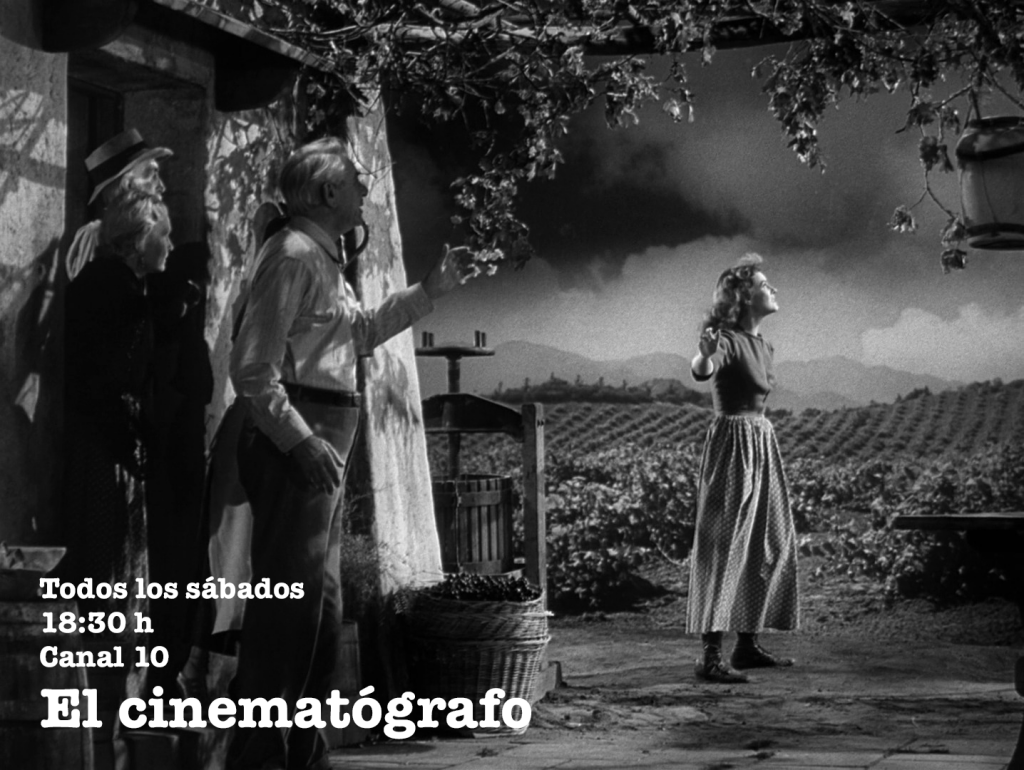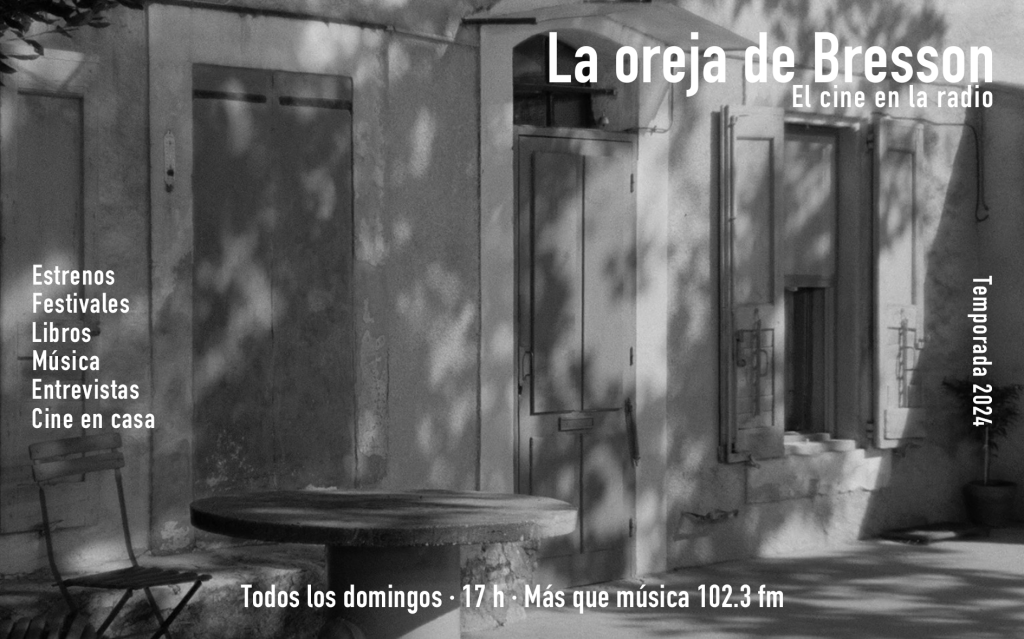
OLHAR DE CINEMA 2015 (01): SIGNS OF CINEPHILIA
By Roger Koza
The great Gilberto Pérez talked about the Straubs’ films in his magnificent book, The Material Ghost: “Every book, every film, every object that comes down to us from the distant or the near past may be regarded as a document of its own time. Straub and Huillet’s films are consciously made as documents from their own time and set in some kind of dialogue with documents from earlier times, the time of Caesar and the time of Brecht, as well as in a dialogue with future times, the time when audiences will be watching the film.”
Perhaps these are the symbolic coordinates we must take into account in order to approach Kommunisten, an out-of-date and full-of-life 70-minute filmic piece that goes against the grain of contemporary cinema, divided in seven segments that although apparently-autonomous are actually secretly linked together in an attempt to fight against generalized stupidity. With pristine clarity, Straub identifies the chore malaise of the time when he makes one of the readers who appear in the film to practice a critical exegesis of Nazism and to associate Fascism with other post-1945 historic experiences; this is the point of view that brings together the film and redefines Hölderlin’s poem read at the end —the long panning over an Italian landscape where a massacre occurred, the fixed wide shot of a factory in Egypt that transfers the image to times of the 1919 Revolution as also does the drama of love (and philosophy) that takes such a long space of time with sequences from other films by the Straubs.
The main novelty is seen at the beginning; using André Malraux’s novel Days of Wrath as a starting point, Straub stages the interrogatory of two arrested communists. These prisoners’ moral strength is evident and stands in contrast to the perverse pleasure heard in the voice of the person who is asking the questions and trying to find information. The silences and the fade to black during the scene intensify the experience of imprisonment and this initial horror will have a dialectic reverberation at the end, with the materialist mysticism shown through the fantasy of an exorcism for a world dominated by horror.
What’s is the other Straub film at Olhar de cinema? The War of Algiers (La guerre d’Algérie). It’s not another long feature film. It’s a short, and the shortest from all those films he has been doing lately.
Two minutes, one war, one encounter, one formal tactic, one book. The title of the book leaves no room for doubts: a man points a gun to another man who simply asks to be allowed a talk before getting shot. Fade to black and a voice intervenes to offer the context of a confrontation presented through a very precise register: complete absence of angle- reverse angle shots, the camera placed in such a way all trace of neutrality is lost, assuming the point of view of the person holding the gun.
These are two men not only representing themselves, but being permeated and predetermined by history beyond their individual wills. Is he going to shoot? And, perhaps more importantly, why this book and not any other: Guérir… a book written by David Servan-Schreiber. Perhaps the most important thing is precisely that, the last book written by an author who is not longer here; as also stress, anxiety, and depression are not longer illnesses to be overcome. Here, in face of any possible conjecture, silence is the wisest choice. However, it is possible that there is a secret fusion between this missing book and the affective history of the director. Anyway, in two minutes not even a second is wasted, not even in the final moments when a classic piece is heard over a yellowish fade out.
João Bénard Da Costa –Others Will Love The Things I Loved (João Bénard da Costa – Outros amarão as coisas que eu amei), a fantastic and generous title it could have been in spirit a Straub’s film, but it’s not.
Yes, this is one of the greatest cinephile film ever made in cinema’s history, focusing on one of those almost mythic characters who are members of that devotional tribe formed by film lovers: João Bénard da Costa, a critic, actor, poet, head of a film society, professor, and for 18 years director of the Lisbon Cinema Museum.
This biography about (and made with) images is slowly and deliberately narrated with a voiceover performed by the son of the man recipient of this tribute. It also follows a chronological logic: finding photography and painting during childhood to later arrive to cinema, which marked everything for him; these are all different modalities of the image and for Da Costa they establish a relation between memories, present times, and identity.
Here, the quintessential operational term is impermanency, that is which defines both the experience of being in this world and the mediations between World and Self offered by films. Da Costa not only juxtaposes life and cinema, but also suggests the latter is a continuation of previous attempts to signify things in an aesthetic way, which is implicit in other forms of art including literature (and theology).
Mozos’ intelligence in relation to the use of form makes him pass from an exhaustive description of Da Costa’s ideas about the perfection achieved by Johnny Guitar to pertinent textual and visual quotes of several passages from another film Da Costa loved (Carl Dreyer’s, Ordet). These are precise characteristics of his staging: cinema molds the “lines of the face” because the link established with cinema represents an edited form of sensitivity. Here, love of cinema has little to do with a childish and narcissistic activity; rather, it is a way to achieve knowledge, a love that demands fidelity and commitment, a sense of historic curiosity while facing the future.
Roger Koza / Copyleft 2015
(Translated from Spanish by Tiosha Bojorquéz)







Últimos Comentarios